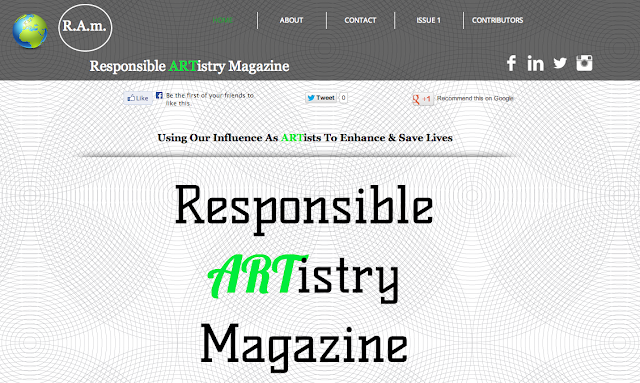Photo Credit SCAD/Courtesy of Savannah Music Festival
We jazz fans tend to filter through a lot of names. For every Sonny Rollins or Wes Montgomery on the cover of an album, there might be two, three, four, five, eight, 14 more musicians backing him or her. Slowly, we begin to string together the works of these sidemen, too: what they're capable of, with whom they recorded, in what circles they appeared to run. Somewhere, we know this isn't the complete story, but sometimes, it's all we have to start thinking of one.
To evaluate the late bassist Ben Tucker on that criterion would reveal some impressive credits. He played bass in Billy Taylor's trio for years. He's on records by Art Pepper and Warne Marsh made in Southern California. He's on dates led by Gerry Mulligan, Grant Green and Quincy Jones made in New York City. The recording log alone reveals every indication of a first-rate player during a fertile period in music.
Look a little further on the credits and you'll see he was a composer, as well. His blues "Comin' Home Baby" was recorded by a jazz group led by drummer Dave Bailey in October 1961; the next month, Tucker was again present when flutist Herbie Mann recorded it live in concert. Mann's version became a hit, but not the Top 40 success that reluctant vocalist Mel Tormé enjoyed when Tucker worked with Bob Dorough to create a lyric for the tune. Among the hundreds of Tucker's songwriting credits, "Comin' Home Baby" remains his biggest commercial success — it was even recently recorded by Michael Bublé.
But Ben Tucker's legacy stretched far beyond annals and listings of personnel, or even jazz clubs. His impact could be felt deeply in fields like broadcasting, music publishing and Saturday-morning television, and in Savannah, Ga., where he lived for his final decades.
_____________________________________________________________________________________________
Born in 1930, Tucker and his twin brother grew up in Nashville, Tenn., where he taught himself the upright bass and tuba. After attending college and serving four years in the Air Force, he took to the Los Angeles area, and then New York City, where he found his way into the jazz community.
But Tucker didn't just play bass. He and Bob Dorough formed a production company to make television commercials. In the early 1970s, an advertising executive whose son was having trouble learning arithmetic asked Tucker and Dorough to set multiplication tables to music. The result was
the pilot episode of what would later become
Schoolhouse Rock!, the three-minute animated interstitials between educational and kids programming.
Tucker also learned the publishing business. Not long after meeting the singer-songwriter Bobby Hebb, Tucker helped him record the song "Sunny," which became a hit. Royalties from "Sunny" allowed Tucker to pursue future business opportunities.
Like his colleague Billy Taylor, Tucker took an interest in broadcasting. In 1972, Tucker moved to Savannah, Ga. and bought the AM radio station WSOK. As one of a small handful of black radio-station owners in the country, he transformed the station into the top AM station in its market, and gave voice to the city's African-American population. The future mayor of Savannah, Otis Johnson, hosted a program. "I was the voice of the black community," Tucker
told the Savannah Morning News in 2006. He later started the FM station WLVH.
But, also like Taylor, Tucker never stopped performing. Among other jazz societies and initiatives to which he contributed, in 1989 Tucker also opened a jazz club in Savannah called Hard-Hearted Hannah's, and played in the house band six nights a week. He was a regular at the Westin hotel in town, where he played the Sunday jazz brunch and played the golf course onsite frequently. He became an icon in the city's music community.
___________
I actually met Ben Tucker a few times and even sang in his place Hard Hearted Hannah's so it is with deep sadness that I am even posting this ARTicle. We at Responsible ARTistry Magazine send our Love & Light to Ben Tucker and his family. -
Mahoganee Editor-In-Chief of Responsible ARTistry Magazine

